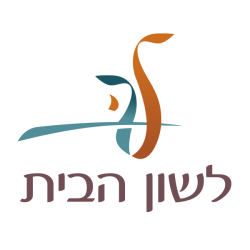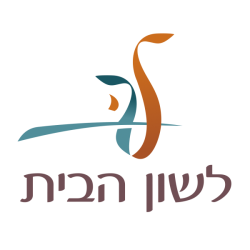Synagogue and Tora studies
Dedicated to all my children and grandchildren

The Preservation of Jewish Languages and Cultures in memory of Hayyim (Marani) Trabelsy
Dedicated to all my children and grandchildren



General translation:
I was born in Cairo, Egypt in 1936. My mother came from Ḥalab in Syria.
At home we spoke Arabic and French. Amongst us brothers we spoke Arabic, and with mother we spoke French.
With the Muslim Egyptian Arabs we spoke Arabic.



General translation:
They used to call Rosh Hashana “Moed” (time). For Rosh Hashana they cooked barkoksh.
She mentions the blessings on the signs. In addition, they ate fish and called them “Hut”, which contrary to other communities who feared of ʿAyin Haraʿ (the evil eye), refrained from using the name ‘fish’ and called it “fi uj l’adu” (in the enemy's face).



General translation:
Sara tells what they used to lay on the Passover plate, and how they used to bless.
She explains how they used to prepare the haroset.
She describes the ceremony they did with the Passover plate - circling it around the guests’ heads and giving a blessing.

At first, there was a good relationship between the Muslims and the Jews. They even used to invite one another to weddings. The Jews did not eat at Muslim weddings; just watched the celaebrations and played a musical instrument called Zarman. The Arabs came to Jewish weddings, ate and participated in the celebration.
Until the Germans came (during World War II). That was on a Shabbat day, suddenly aircrafts covered the skies and darkened the day. We ran to the road, but we did not exactly have anywhere to run away to. There were Muslims who exploited the situation.
There were Arabs who liked my father and warned him of those who wanted to hurt him. The suggested he should hide in his shop so he would not get hurt (her father was a goldsmith).
These acts were conducted by the Muslims under the hands of the Nazis who ordered them to harass the Jews.